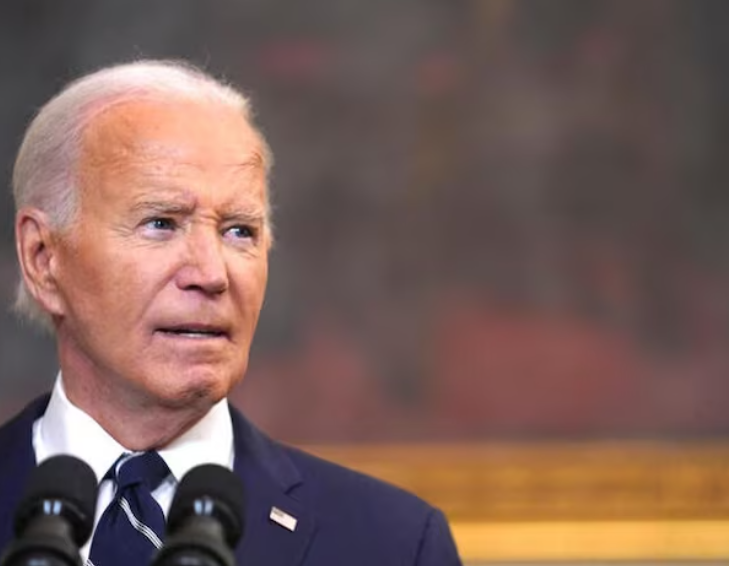An appeals court on Tuesday examined whether President Joe Biden improperly addressed a “major question” reserved for Congress when he mandated a $15-per-hour minimum wage for workers on federal contracts. A three-judge panel from the 5th U.S. Circuit Court of Appeals in New Orleans heard the Biden administration’s appeal against a judge’s ruling that blocked the 2021 executive order from being applied in Texas and two other Republican-led states.
U.S. District Judge Drew Tipton, appointed by Republican former President Donald Trump in Texas, ruled last year that Biden’s order would potentially impact millions of workers and had “vast economic and political significance,” making it a decision only Congress could adopt. Tipton invoked the “major questions doctrine,” a legal principle used by conservatives to challenge government regulations, which the U.S. Supreme Court has employed to invalidate other Biden programs, including student loan debt forgiveness and a COVID-19 vaccination-or-testing mandate for large businesses.
During Tuesday’s arguments, Daniel Winik from the U.S. Department of Justice argued that Biden’s executive order affected a narrow group of workers and fell within the president’s broad powers to regulate federal procurement. He stated that the mandate would cost contractors $17 billion over ten years, impacting about one-fifth of 1% of U.S. workers. “It’s not a small number, but it’s a drop in the bucket of federal contracting,” Winik said.
Texas Solicitor General Aaron Nielson, representing the states, disputed these numbers, claiming the order could affect closer to 20% of American workers, including subcontractors and employees of federal contractors who do not work on government projects. Nielson emphasized the political significance of the order, noting that it was a key part of Biden’s presidential campaign and a debate in Congress, which has not adopted a $15 minimum wage nationwide.
“Are you suggesting something can’t be both political and beneficial to citizens, to workers?” asked U.S. Circuit Judge James Graves, appointed by Democratic former President Barack Obama. Nielson responded, “Of course not. But for the purposes of major questions, Congress gets to make those decisions. Congress said ‘no’ here.”
The other two judges on the panel, U.S. Circuit Judges Edith Brown Clement, appointed by Republican former President George W. Bush, and Irma Ramirez, a Biden appointee, said little during the 40-minute arguments.
Meanwhile, the 9th Circuit in San Francisco is considering an appeal by Nebraska and four other Republican-led states against an Arizona federal judge’s decision not to block a Labor Department rule implementing Biden’s 2021 executive order. Additionally, the Denver-based 10th Circuit recently upheld the rule, which eliminated an exemption from the contractor minimum wage for seasonal recreational companies operating on federal land.

